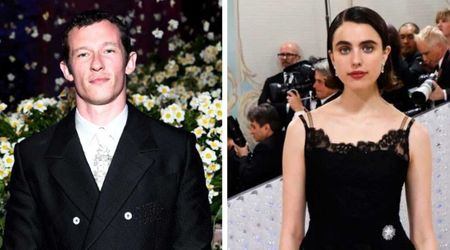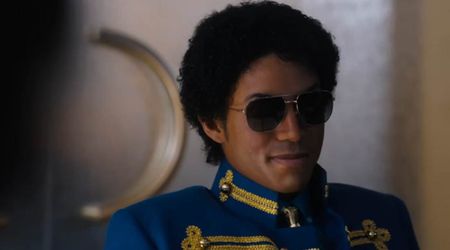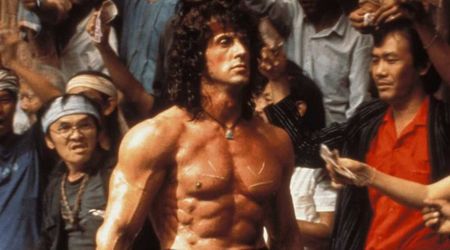'Shang-Chi and the Legend of the Ten Rings' is Marvel's chance to distance the character from a history of anti-Asian racism

In recent years, Marvel Comics has gone big on inclusivity to the point of actually facing backlash from certain fans. Looking back now, it’s actually quite surprising when you find racist and stereotypical elements in the past of the comic book giant.
While most of the world celebrated when Marvel Studios announced the upcoming ‘Shang-Chi’ movie, the character’s connection to a racist past attracted controversy in China. Marvel Studios president Kevin Feige announced the casting of Simu Liu in the title role of Shang-Chi during San Diego Comic-Con 2019. Both the actor and the director, Destin Daniel Cretton, came on stage to greet the audience.
Feige revealed the casting of Awkwafina in a yet-to-be-disclosed role. The real Mandarin, who will be played by Chinese actor Tony Leung, was also revealed to be the villain of the movie, which is titled ‘Shang-Chi and the Legend of the Ten Rings’.

The Mandarin is expected to replace Shang-Chi’s archenemy from the comics, the evil mastermind known as “Fu Manchu” who also happens to be the hero’s father. Fu Manchu was created in the early years of the twentieth century by British author Sax Rohmer. Marvel licensed the character for use in the ‘Master of Kung-Fu’ comics series starring Shang-Chi.
Fu Manchu has long been seen as a racist caricature of Asians in general and the people of China in particular. The character was closely associated with “yellow peril” narratives that portrayed China as a threat to the Western world. The Mandarin has also faced similar criticism, especially because he is often shown to be in conflict with Tony Stark, a character who has often been seen as a symbol of American industrialism.
Quartzy reports that users of the Chinese microblogging site Weibo criticized Marvel for bringing Shang-Chi to the big screen, with posts translating into accusing the movie of being “a symbol of foreign discrimination against Asians.” One user wrote, “The plotline of Shang-Chi is about belittling Chinese people while praising Americans.”
“The point here is not whether the Mandarin is exactly Fu Manchu or just his replacement,” another user said. “The point is both characters emerged because of the discrimination and stereotyping of the Chinese population in the previous years. Back in the 1900s, we Chinese were too weak to fight back characters like this, but now, we have become strong and have the ability and obligation to say no to such figures.”
The controversy is most likely something Marvel will have anticipated when they chose to give the project the go-ahead. Fans can probably hope the movie will take more from the character’s development post-2012’s ‘Marvel NOW!’ event, which steps away from his ties to a racist historical period. Despite the past, Marvel will be hoping to use this opportunity to reinvent the character in a more inclusive and progressive way.
'Shang-Chi and the Legend of the Ten Rings' is scheduled for release February 12, 2021.










